
The Police enforce both criminal and traffic laws and undertake search and rescue missions. They also operate a range of community programmes, including Youth Education and Youth Aid services.
Contacting the Police in New Zealand
In emergencies dial 111. This is the general emergency number and operates free of charge from all private and public phones.
In non-urgent situations, contact the nearest Police Station listed under P in the Blue Pages at the front of the NZ Telephone Book.
For traffic incidents, *555 can also be dialed from a mobile phone.
Neighbourhood Support
Neighbourhood Support is a community-based programme actively promoted by the Police. It encourages citizens to take standard precautions and co-operate with their neighbours in crime prevention. These include common-sense procedures, such as keeping properties secure, depositing large amounts or cash at a bank and not holding money at home, safely depositing and/or insuring jewellery and other valuables, keeping an eye on neighbouring properties and reporting anything suspicious.
It is advisable to always lock windows and doors when you leave home, and let your neighbours know if you plan to be away for any length of time. It is also a good idea to install deadlocks and leave your home looking ‘lived in’ when you go away. Most communities have Neighbourhood Support groups and it is best to ask about these when moving into a new home.
Dealing with the Police
In New Zealand, relations with the Police are good. In part, this is because the public has clear rights and obligations when dealing with the Police. The Police may not act arbitrarily; the public is expected to act responsibly. The following provides a brief outline of some of the rights and obligations that apply to the Police and private citizens.
If the Police as you to stop…
The rule is simple – you must stop! If you are driving, you must stop and give your name, address and any other details needed for identification. You are required to carry your driver licence at all times and will be asked to present it. You must also give the name and details of the vehicle’s owner or hirer. If you are the owner or hirer, you must give the names and details of your passengers and the driver if other than yourself.
However, once you have provided this information, it is your decision whether you answer any more questions – you do not have to. You are entitled to talk to a lawyer before you answer, or make a written or spoken statement.
If the Police ask you to go with them…
You do not have to unless you agree to do so.
If the Police suspect you have been driving under the influence of alcohol or drugs…
There can be no dispute here. You must accompany the Police as requested.
If the Police want to search you or your home, vehicle or property…
The Police cannot conduct a search without your consent.
If the Police have a search warrant, or specific statutory authority…
They must, first, tell you what this specific authority is – there is a range of search powers. Common cases include specific powers to:
- Stop a vehicle if someone in it is subject to an arrest warrant or has committed an offence punishable by imprisonment.
- Search the vehicle for an offender or for criminal evidence
- Search premises or a vehicle for controlled drugs
If the Police want to take your fingerprints…
They can do so only if you agree.
If you are questioned by the Police, make sure that…
- The person is a Police officer – a Police officer in plain clothes must show their identification card which includes their photograph and name.
- What you say to, or write for, the Police knows exactly what you mean, If you have difficulties, ask for assistance and/or an interpreter.
If you are suspected of having committed a crime, but have not been arrested, you can…
- Choose whether or not to answer any questions, or make a written or verbal statement.
- Generally, leave the Police Station when you wish. However, if you have been detained for a blood/alcohol test, you cannot leave until this has been completed.
If you are suspected of having committed a crime, and have been arrested, you…
- New Zealand PoliceHave the right to consult a lawyer immediately – there should be a list of lawyers at the Police Station. If you request advice from a lawyer included on the Police Station’s list, this initial legal counsel is provided free of charge.
- Must give your name, address, occupation, and date and place of birth.
- Must allow the Police to take fingerprints and photographs, and, in certain circumstances, conduct a search. The Police can, for example, search for criminal evidence or for weapons or objects that might facilitate an escape. However, it is generally illegal for the Police to search a person (or their car or house) for no other reason than the fact of their arrest.
- Can contact a friend or relative and request permission for them to visit you at the Police Station. Such requests are usually granted, but can be declined on the advice of the Police officer dealing with the investigation.
- May ask to be ‘released on bail’. This means you are allowed to go home until you have to appear in court on a set date to ‘face charges’. Bail is not an automatic right. There are also usually conditions attached – such as not being allowed to leave the country. There are special rights for children and young people aged under 17 years. The Police officer must explain their rights in a way that they can clearly understand and ensure that another adult or a lawyer is present when they make a statement.
Protection Against Family/Domestic Violence in New Zealand
The New Zealand Police take family/domestic violence very seriously.
In New Zealand violence is unacceptable wherever it happens and no matter who is the victim. The Domestic Violence Act 1995 provides protection against physical, sexual and psychological violence. Psychological violence includes the use of intimidation, harassment, damage to property, threats of harm, and allowing a child to see or hear abuse.
‘Protection Orders’ are provided under the Domestic Violence Act for people in ‘close personal relationships’. These include married and unmarried couples, children and relatives, and homosexual partners. A Protection Order can be obtained whether or not the Police take criminal action. Help is available in New Zealand from a number of agencies including the Police, Community Law Centres and Citizens Advice Bureau. High school counselors are also available to assist and the Women’s Refuge provides sanctuary for mothers and their children.

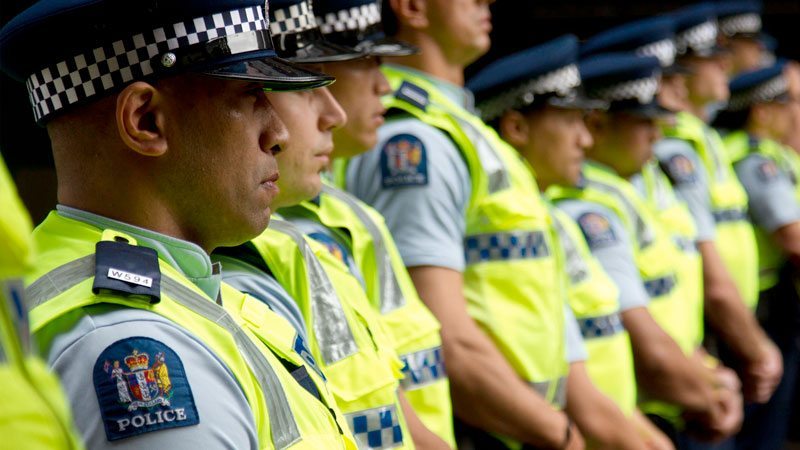
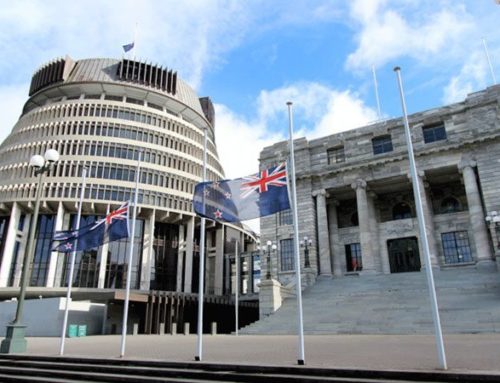
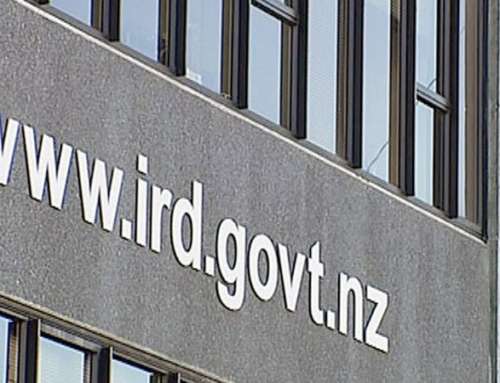
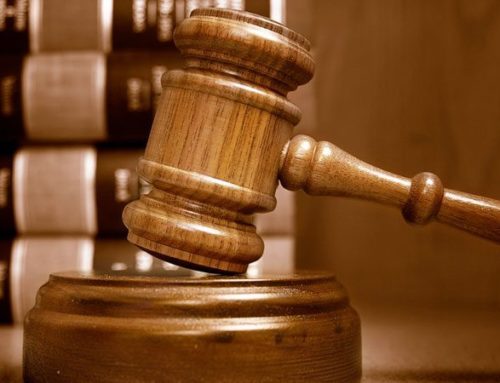
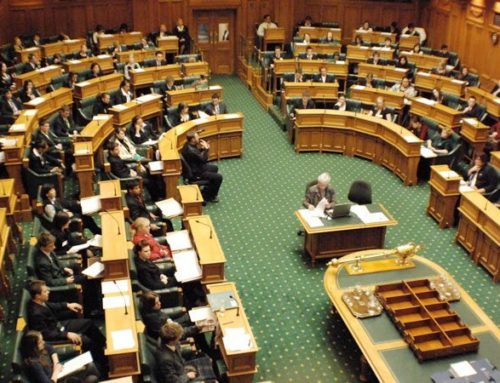

Leave A Comment